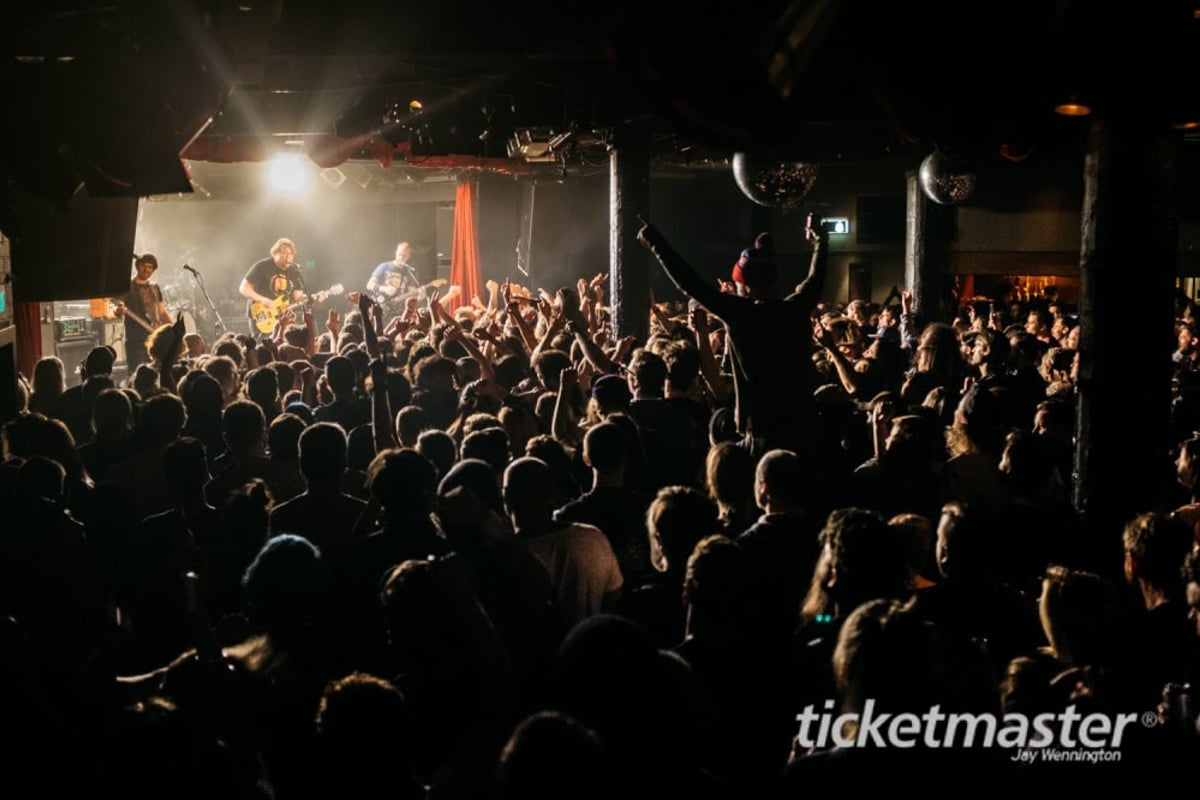Ticketmaster allegedly colluding with scalpers

Update (Sept. 21, 2018): Ticketmaster says reports of collusion with scalpers are “categorically untrue”
Alarming reports out of Canada allege Ticketmaster has been funding and running its own scalping racket, essentially “double-dipping” into the sector and collecting fees in the process.
A weeks-long undercover investigation published by CBC and the Toronto Star shows Ticketmaster is apparently using its invite-only proprietary platform TradeDesk to enable resellers to buy tickets in bulk from the official Ticketmaster site, and sell them on with a substantial mark-up.
The kicker? Ticketmaster takes a percentage of both transactions and can raise or drop prices from the backend based on how sales are tracking.
The reports are the work of two undercover reporters who attended at least two live-entertainment conferences in March and July. They said Ticketmaster pitched them TradeDesk and caught a company representative on camera explaining that the “buyer abuse” team will look the other way.
“I have brokers that have literally a couple of hundred accounts,” the rep said about bulk-buying options. “It’s not something that we look at or report.”
The investigative reporters have also accused Ticketmaster of timing releases to offer the illusion demand is higher than it is, thus driving fans to more expensive options, only to release tickets at a reduced price later.
The undercover journalists attended a video demonstration at a conference where media wasn’t invited. According to reports, a Ticketmaster employee said 100 scalpers in North America are using TradeDesk: “I think our biggest broker right now has probably grabbed around 5 million,” he said.
The reports could have a crippling affect on the ticketing giant. Ticketmaster has outwardly spoken of its legal action against bots and communicated that scalping is in direct violation of its terms of use. Ticketmaster’s highly-publicised Verified Fan program was supposedly brought into place to curb the affects of the secondary ticketing market, with big-name acts like Bruce Springsteen and Taylor Swift using it for their own concerts.
Ticketmaster’s SVP of communications issued a statement to CBC and the Toronto Star:
“Ticketmaster is a technology platform that helps artists and teams connect with their fans. We do not own the tickets sold on our platform nor do we have any control over ticket pricing — either in the initial sale or the resale. In both cases, prices are set by the seller. We also do not determine when tickets are available for purchase or how they are allocated — those decisions are communicated to us by our client, the venue, after consultation with the event presenter.
“As long as there is an imbalance between supply and demand in live event tickets, there will inevitably be a secondary market. As the world’s leading ticketing platform, representing thousands of teams, artists and venues, we believe it is our job to offer a marketplace that provides a safe and fair place for fans to shop, buy and sell ticket sin both the primary and secondary markets.”
As previously reported by TIO, the Australasian music industry has wanted Ticketmaster out of the resale sector for some time.
The New Zealand Promoters Association has been lobbying the Government about the problems of the secondary market and president Brent Eccles – who runs Eccles Entertainment and heads up Frontier Touring’s NZ operation – believes the closure of Ticketmaster Resale would be a step in the right direction.
This article originally appeared on The Industry Observer, which is now part of The Music Network.






























